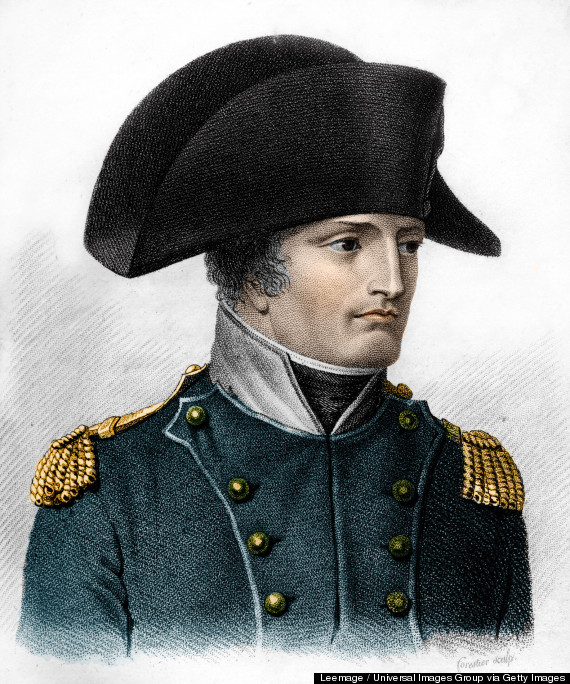
The news that Steven Spielberg is to produce Stanley Kubrick's infamous unrealised Napoleon film, has been met with trepidation.
Of course, the last time Spielberg attempted such a project, the result was the much maligned A.I. Artificial Intelligence (2001).
But, the Jaws director is looking to side-step such criticisms, and obvious comparisons with his former friend, by adapting the subject matter for television.
Film aficionados will view the finished product with great interest, as the original Kubrick project has built up a mythology all of its own. In fact, the story behind it illustrates the frustration that surrounded the latter half of Kubrick's career and proves once again that even the greatest filmmakers are not immune to market pressures.
Kubrick had started work on the Napoleon film soon after 2001: A Space Odyssey (1968). And, when faced with studio resistance the director famously wrote that it would be "the best movie ever made".
Whether this claim was simply bluster, made in retaliation to studio impotence, will of course never be known. While Kubrick obsessively researched the project, a rival Napoleon film, Waterloo, starring Roy Stieger, bombed at the box-office. Waterloo's failure, costing a sizeable $25million in 1970, meant that Kubrick had his budget slashed to around $4million, shelving the film indefinitely.
Kubrick's work was as sporadic as it was brilliant. Indeed, the reason he only made 8-films in the last 40-years of his life was because of his obsessive approach to filmmaking. And, even though his meticulousness meant that his films were often groundbreaking, it ultimately hindered him in the fast moving world of Hollywood.
In 1980, after the critical success of Francis Ford Coppola's subversive Apocalypse Now, Kubrick started preproduction on his own Vietnam film. But, after seven years of painstaking research, he was usurped by a raft of politically charged Vietnam epics, most notably Oliver Stone's semi-autobiographical Platoon which won four Academy Awards.
When Full Metal Jacket was released in 1987, it seemed Kubrick had come too late to the party. But, while the film was commercially underwhelming, it still contained all the technical brilliance that critics had come to expect from one of cinema's great masters.
Throughout the 1980s, Kubrick had developed the idea of a real life Pinocchio film, based on Brian Aldiss's short story Super-Toys Last All Summer Long. This of course was posthumously adapted by Steven Spielberg, resulting in the terribly uneven A.I.
Any chance of a Napoleon reprisal was put to rest after the box-office disasters of two Christopher Columbus films in 1992. Kubrick then turned his attention to a Holocaust film he had been developing since the 1970s, titled The Aryan Papers, however that to was scrapped after Spielberg disclosed his plans for Schindler's List.
Kubrick ended his career with the misunderstood Eyes Wide Shut in 1999, dying suddenly that year at the age of 70.
As for Spielberg's intentions to once again adapt a lost Kubrick masterpiece, the uninitiated may smirk, but there is still no questioning his skill as a director. In fact, while Spielberg could have benefited from his colleague's artistic prudence, his powers as a producer and his ability to get projects made are second to none.
Whatever the outcome, fans will always wonder if Kubrick would have made good on his assertion that his historical epic would be the best film ever made. Although, only a director of his lofty standing could get away with such a remark. There has never been another filmmaker, before or since, with the ability to adapt populist genre material so brilliantly to the screen.
"If it can be written, or thought, it can be filmed." Stanley Kubrick
No comments:
Post a Comment